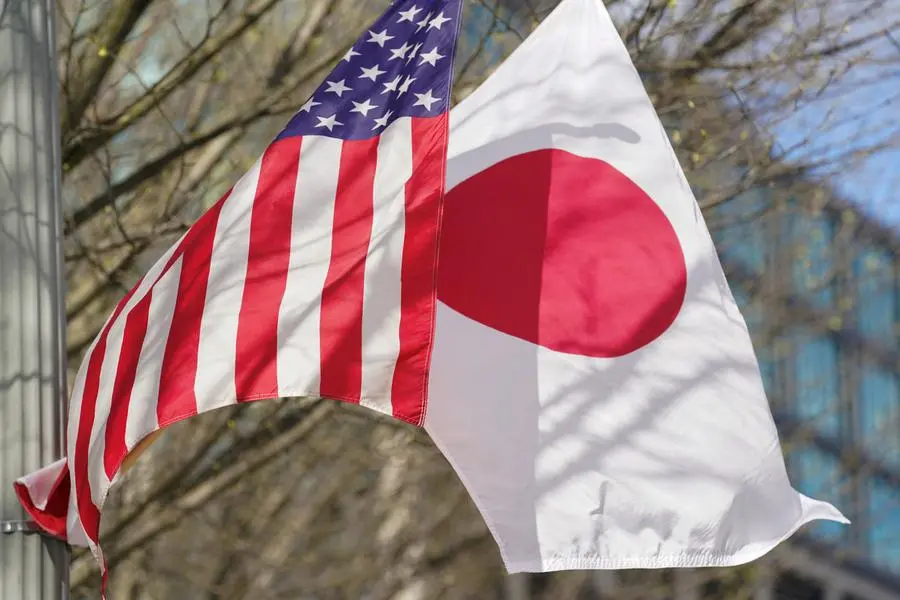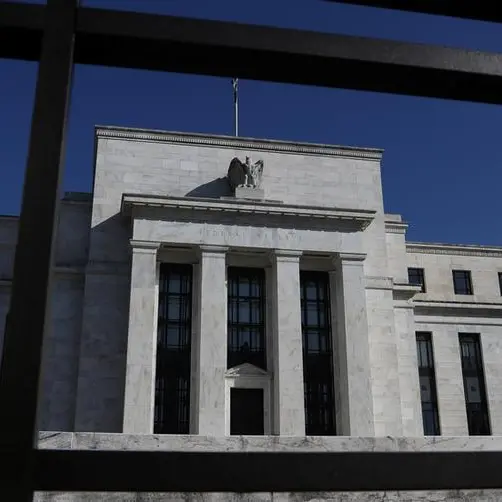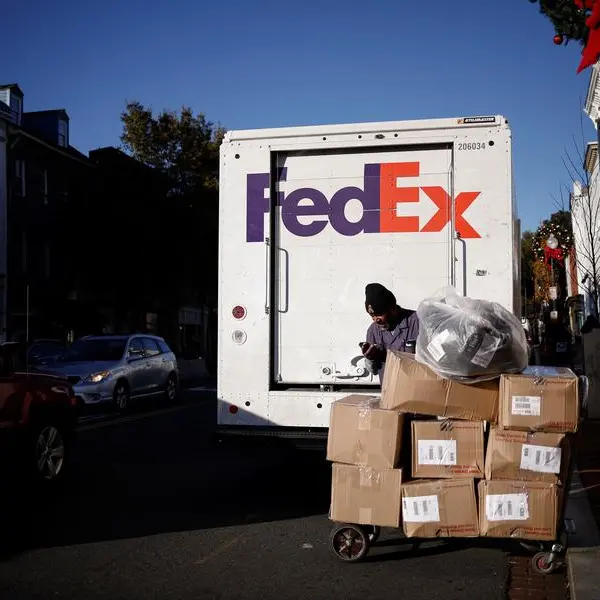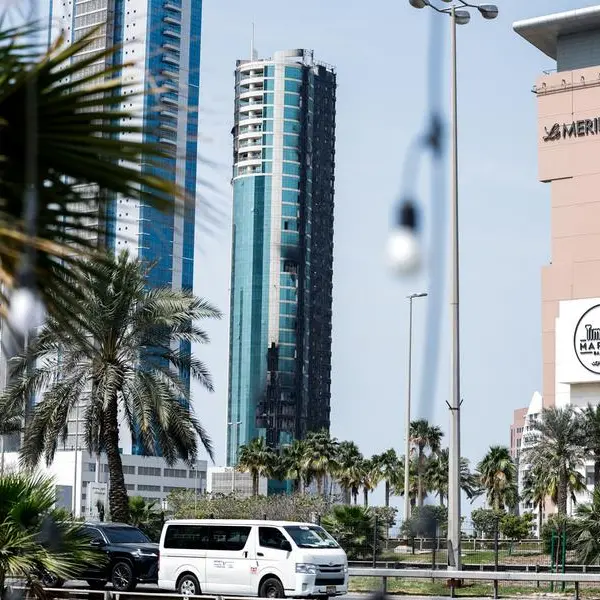PHOTO
WASHINGTON - Japanese Prime Minister Fumio Kishida and U.S. President Joe Biden unveiled a wide range of agreements to enhance security and economic ties when they met at the White House on Wednesday.
Here are some of the most notable:
MILITARY UPGRADE
Japan and the U.S. announced plans to upgrade their military alliance, including the U.S. military command in Japan and more joint development of defense equipment.
A joint summit statement said new military command-and-control frameworks would enable greater interoperability and planning in peacetime and during contingencies.
They also announced their intent to upgrade defense communications networks and to network air defense capabilities between the U.S., Australia and Japan to counter air and missile threats.
The defense plans will see the two sides establish a forum to identify areas for co-development and co-production of missiles and maintenance of U.S. warships and aircraft.
They will also establish a working group for fighter pilot training, including AI and advanced simulators, and co-development and co-production of jet trainers.
AUKUS, SOUTH CHINA SEA
Biden's meeting with Kishida addressed Japan's possible involvement in advanced capabilities projects of the AUKUS security pact. The U.S., Britain and Australia formed AUKUS in 2021 to push back against China's growing influence.
A joint summit statement said the existing three AUKUS partners were considering cooperation with Japan in part of the plan that includes advanced capabilities and technologies across a range of areas, including quantum computing, undersea, hypersonic, artificial intelligence and cyber technology.
The joint statement highlighted "escalatory behavior" by China in the South China Sea. U.S. national security adviser Jake Sullivan said on Tuesday that more joint patrols can be expected in the South China Sea after drills by the United States, Australia, the Philippines and Japan last weekend.
MICROSOFT, AI
Microsoft said on Tuesday it would invest $2.9 billion over two years to expand its cloud and AI infrastructure in Japan.
Also on Tuesday, the countries announced four universities would partner on artificial intelligence research, funded by $110 million in private sector investment by NVIDIA Amazon, Softbank Microsoft and other companies.
SPACE
Japan is hoping to land its first astronaut on the moon with the U.S. Artemis project that envisages returning humans there by 2026, as competition with Russia and China intensifies. The joint statement announced a shared goal for a Japanese national to be the first non-American to land on the moon in an Artemis mission.
NUCLEAR FUSION AND SUSTAINABLE AVIATION FUEL
The two countries announced a joint partnership to accelerate
development and commercialization of nuclear fusion
. The project will focus on the scientific and technical challenges of delivering commercial fusion and expand work between U.S. and Japanese universities, national laboratories and private companies, the U.S. Department of Energy said.
Scientists, governments and companies have been trying for decades to harness fusion, the nuclear reaction that powers the sun, to provide carbon-free electricity. It can be replicated on Earth with heat and pressure using lasers or magnets to fuse two light atoms into a denser one, releasing large amounts of energy.
Two sources with knowledge of the talks between the countries said Japan and the U.S. will also agree during the summit to support sustainable aviation fuel.
BULLET TRAINS
The two leaders are also expected to discuss a bullet train project in Texas that would use Japanese technology and investment.
(Reporting by Steve Holland, Jeff Mason, Trevor Hunnicutt, David Brunnstrom, Tim Kelly; Editing by Heather Timmons, Cynthia Osterman and Chizu Nomiyama)





















